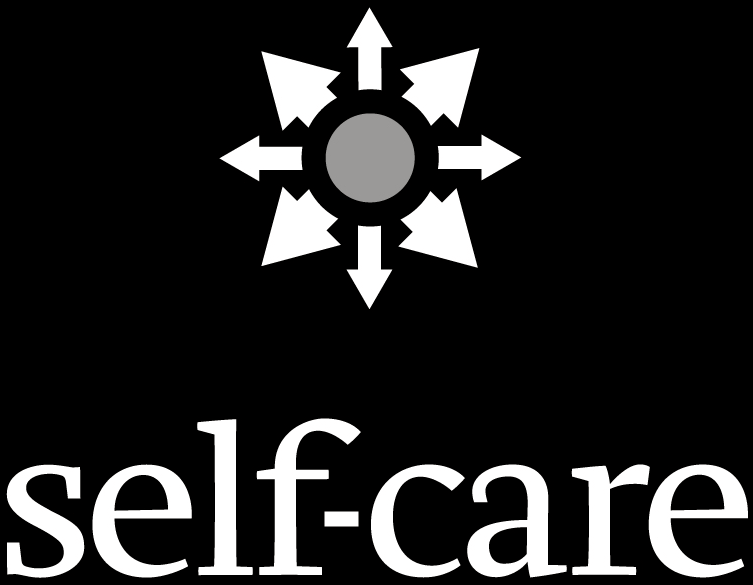Seldom do people think about how technology trends that are in motion today will affect their future from a value creation standpoint. Coming from the Business Process Industry, and the Outsourcing industry in general, I see how value creation and perception has changed, and these directional changes should alert you as to how to think about your work. In the early days of IT Managed Services and Outsourcing services, as a management consultant and later solution architect, I helped customers of Outsourcing to acquire services from the best suppliers in the market. The purpose from a client perspective was to reliably service their business with the most talented IT professionals available, along with the most sophisticated software tools already in place, enjoying reliable service at a predictable price.
Later on, the value of outsourcing was about sharing risk with a qualified business partner, so that the client could concentrate on “core competencies” instead. The rationale being that most companies don’t specialize in IT, or Corporate Finance etc., and so should not waste their time or energy in trying to build this capability in-house. This is another variation on the theme of access to talent and innovation with more justification in favor of the supplier. This value proposition was especially compelling in the business process outsourcing industry where I transitioned in 2006. At that point, I learned first hand how work was viewed from an outsourcing perspective. Before a supplier takes on your job, they need to determine how much of the work is repeatable, transferrable and complex. An order of priority was determined. The easiest work was such that little decision making was involved and the rules were established as policy. Going overseas made the work more economical and easier to staff in case there was attrition. Your job was categorized in this way.
Today, work is less likely to go overseas unless there is a time constraint in recruiting a high volume of labor quickly and also where the nature of the job can be done with little to no experience. Examples of these types of roles include software testing or customer care in a call center. For the higher value business roles such as finance and accounting or supply chain, or core operations, the work could still be outsourced, but what would remain is based on the risk tolerance of the organization. This is where the value question is important. In my personal experience evaluating a dozen organizations over the course of my career, I have learned that the value of what personnel do for their employer actually takes up about 20% of their time. It may take several weeks to document the process and decision points, but in the end, the value of people comes from thinking, problem solving and customer engagement.
Over the next 10 years, what this means is that your job is less likely to go overseas, but some form of technology will likely change the way you work. Your value will then be perceived to come from your ability to think in ways that are unique and different to what can be encoded into a server. The ability to also influence others in a team environment and with customers or business partners is also a skill set that will differentiate you. The grind will be about your ability to motivate and generate value in the way of increasing the growth, productivity and retention of revenue. Cost reduction will come from robots, AI and other technologies and eventually, the level of inefficiency will be reduced to a level that is acceptable cost of doing business. Visibility on where value is coming from will also be apparent to your leadership. In my business environment as an example, I looked at stats to see productivity by employee.
To think that showing up with a good attitude and being a good corporate citizen will lead to advancement is wishful at best. We are all expendable, and in the future even more so if not adding value in ways that can be attributed to some creative innovation, clever problem solving, customer relationship or competitive positioning. You must think about the significance of your role in this way. If this means leveling up in terms of acquiring new skills, training or exposure to different roles, than pursue these methods as possible. Complacency will erode your value over time. Technology will eventually replace what is mindless activity in work.
See the section on SELF-CARE Defined on this website for detailed instructions to follow towards this evaluation. Practice this regularly for maintenance.
